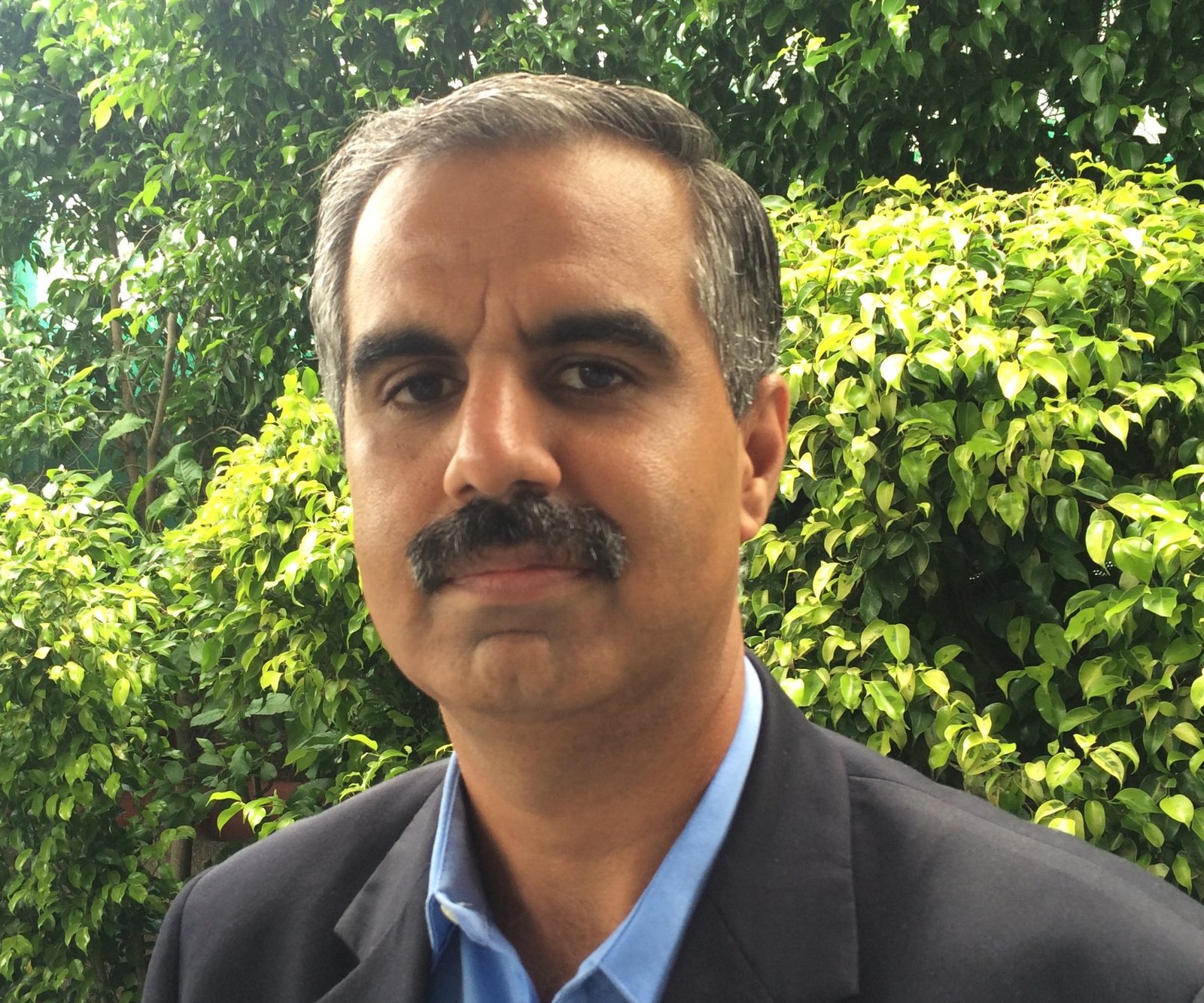Baseless opposition to GM Mustard: ABLE-AG
December 15, 2015 | Tuesday | News | By Rahul Koul Koul
Baseless opposition to GM Mustard: ABLE-AG
As per Dr Shivendra Bajaj, executive director, Association of Biotech Led Enterprises- Agriculture Focus Group (ABLE-AG), "GM Mustard has been submitted for approval to the apex review committee, Genetic Engineering Appraisal Committee (GEAC) after extensive research and trials which has been ongoing since the last 16 years, under the leadership of the renowned scientist of Delhi University, Dr Deepak Pental, and funded by Department of Biotechnology (DBT) and National Dairy Development Board's (NDDB).
"The protest by some of these ill-informed groups implies that they do not even want a scientific review of the research. All we are saying is that let GEAC make a decision. Protesting against a technology without letting the regulators review the efficacy and safety is not right. In any case, we would like to highlight that genetically modified food has been consumed for over two decades across the world and not even a single case of adverse effect has been reported," added Dr Bajaj.
Safety angle
On the question of safety, Dr Bajaj mentioned, "In India, the cotton seed oil from Bt cotton has been used for cooking, for several years. The whole world including us consumes soybean and Canola oil, most of which is derived from GM plants, without any objection. Then why this sudden protest about a technology that has been developed by an eminent scientist of global repute, who has dedicated most of his life in mustard improvement."
Yield benefit
From the yield perspective, Dr Bajaj elaborated, "GM Mustard hybrid has the potential of increasing yield by 25 per cent. There is a growing need for GM Mustard in the country. Last year, India imported around Rs. 65,000 crores of edible oils to meet its consumption requirements. With increase in the population and per capita incomes, this deficit will only increase and can be met only through higher productivity of oilseed crops. Dr Pental's group has carried out very extensive work on quality traits and disease resistance. Once the technology is deregulated, quality hybrids and more productive hybrids with disease resistance will be readily possible."
Science getting affected?
We want to again highlight that GM mustard is developed in India with financial support from Indian sectors. In fact, this protest may be helping economies of other countries from whom we will keep on importing soybean and Canola oil, which by the way is extracted from GM plants. Even in India, we consume several confectionary items that are imported and may contain products that originated from GM Corn or Soybean. It is high time we realise that when the world has moved far ahead with adoption of advanced technologies, we in India are still stuck at a trial approval stage. This situation will affect our scientific community, the educational system as well as the future generation, to a very great extent. Why would eminent scientists, budding ones in the field of agri biotechnology and students who want to pursue a career in agribiotech, offered by various agri institutes want to invest their time and effort if science is not going to be given a fair chance in our country?
Making the concluding statement, the ABLE-AG executive director voiced support for GM Mustard. "This is a request to individuals as well as government bodies who believe in scientific knowledge to take the decision of approving GM Mustard basis science and facts and not the myths or irrelevant information created by activists," said Dr Bajaj.









